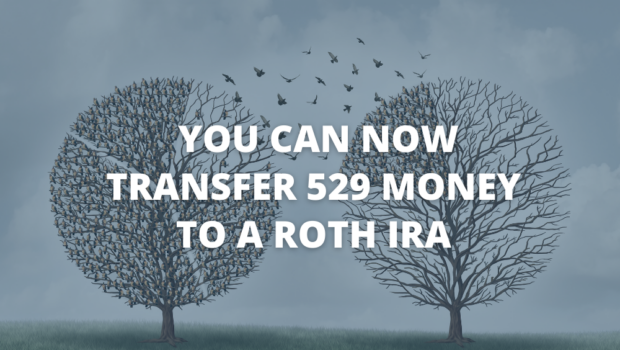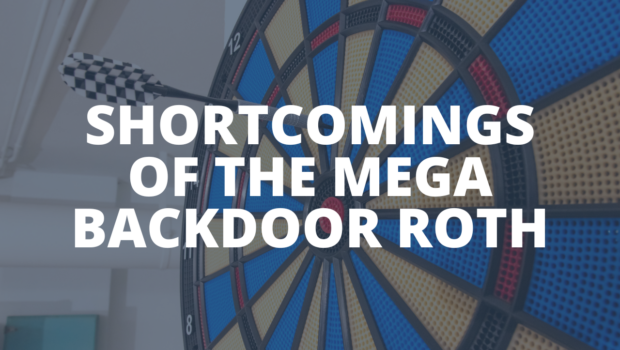*The following article was contributed by Kevin DeSanto, Managing Director and Co-founder at KippsDeSanto. Launching your own business is one of the most monumental decisions you’ll make in your life. During those years building up the business, negotiating deals, hiring staff, and investing in your growth, you’ve made countless more monumental decisions – sometimes ones that will make or break the company’s success.
Strategic buyers are companies interested in buying your business that already operates in your industry. By buying your company, they have hopes to grow their footprint and take market share more quickly. They tend to be larger, well-capitalized firms that aren’t as concerned with generating cash flow right away. A great example of a strategic buy is T-Mobile’s acquisition of rival Sprint in 2020.
Positioning your investment portfolio to sustain your post-business sale lifestyle requires two seemingly contradictory goals: growth and cash flow. To be clear, cash flow is different than income. Income is usually derived from work, effort, or adding value to a business. Cash flow is generally considered to be passive, ideally from an asset that has two specific, unique characteristics: inflation protection and growth of the cash flow stream.
After years of focusing on building a business, now’s the time to pause and audit your personal financial life. What assets do you have? Liabilities? What kind of income are you accustomed to and how do you spend it? Approach these questions with the same discipline and no B.S. attitude that’s already gotten you this far. Then, map these items out–(we use a “Monument Asset Map”)–so you can see the big picture clearly without overwhelming the senses.
Are you looking for clarity, conviction and unfiltered advice about your wealth?
You’ve come to the right place.
Sometimes, a business sale isn’t the sale of a single “business asset”–it’s often considered the sale of the individual assets of the business (think inventory, intangibles like goodwill, capital assets, etc.) for tax purposes. This means that some assets may be taxed as ordinary income when sold while others may be taxed at lower, advantageous long-term capital gains rates.
You wouldn’t begin the process of working with an architect to build your dream home if you didn’t know what your current home was worth and were reliant on proceeds from selling it to fund the project. Sure, there are things like “comparables” as a starting point, but your home has its own unique features and circumstances that will ultimately drive the value.
There’s more to a business transaction than just tallying up numbers–it’s a complex, three-dimensional idea that requires thoughtful reflection as a business owner. You’ve spent time and energy tenaciously building your business and it’s about to pay off. So, it’s worth thinking about the following factors as you ask yourself “should I sell my business?”
There’s no way to put enough emphasis on the importance of succession planning. Consider for a moment all that you do for your business–from all of the major strategic decisions to the small daily tasks that keep things moving forward, and everything in between. You’ve worked hard up until this point, and would ideally like to stop burning the midnight oil post-sale with little to no follow-up commitment on continuing to oversee your life’s work.



